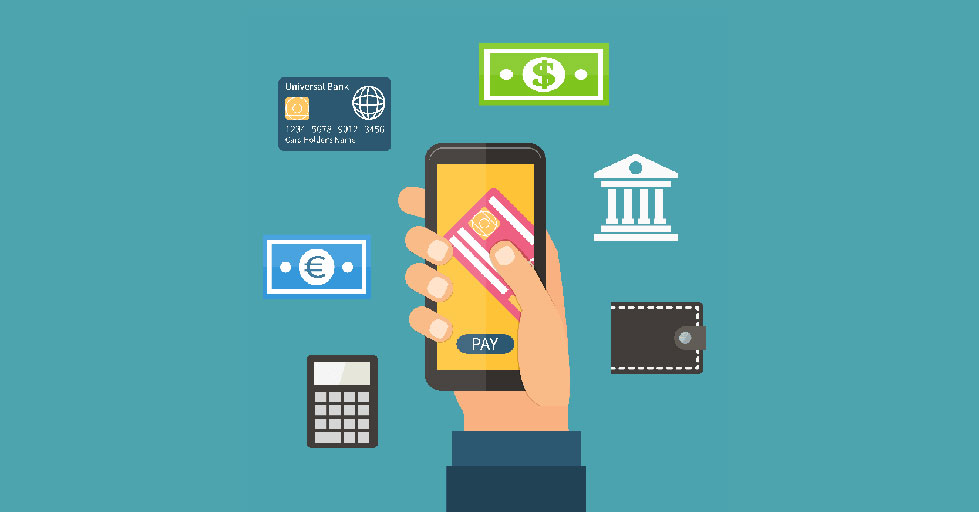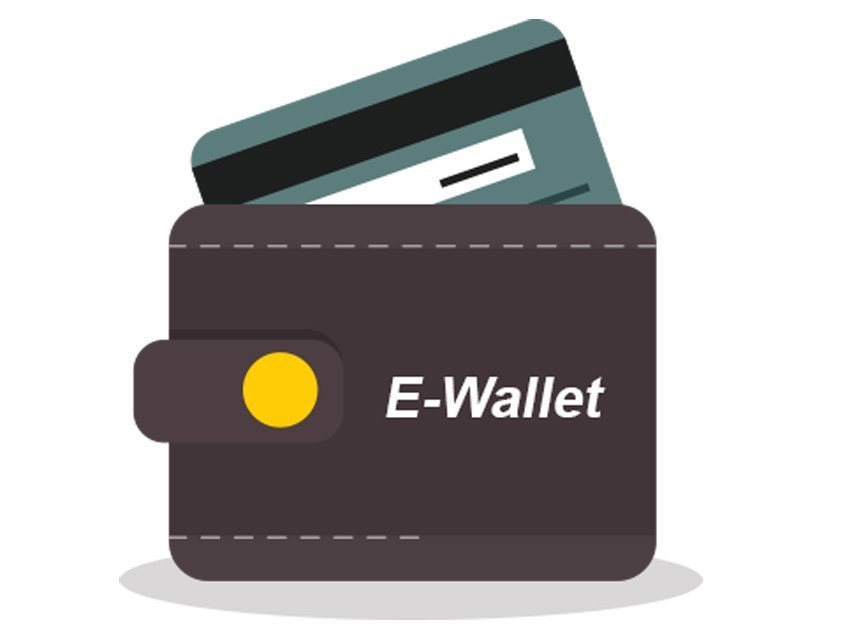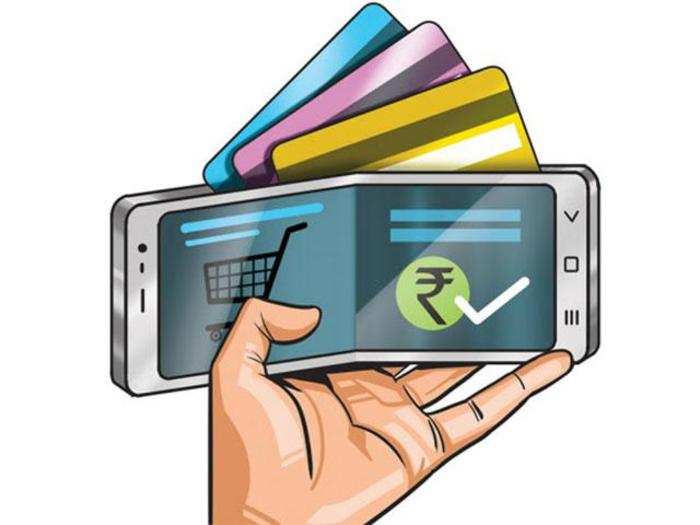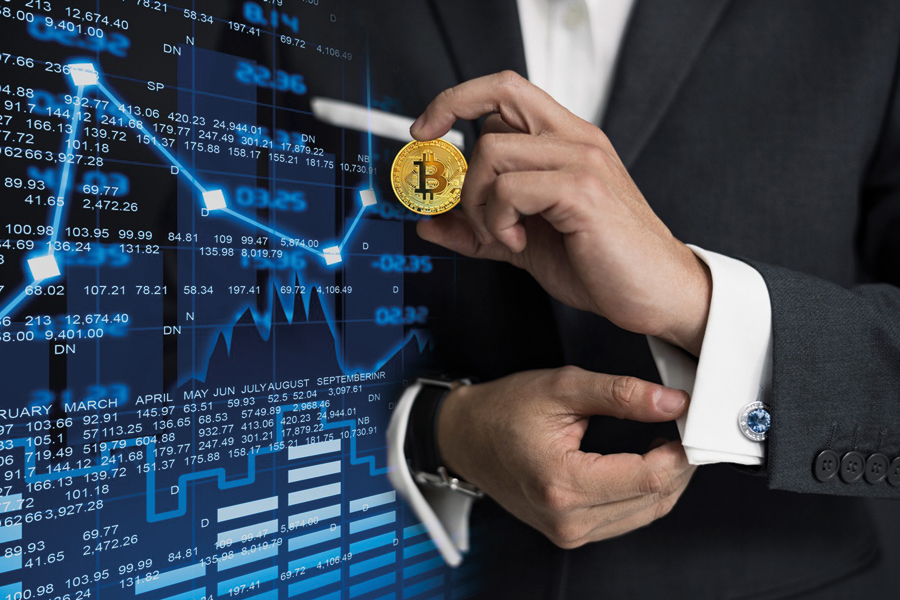Coca Cola was among the first companies to explore digital payments in 1997 when it introduced a series of vending machines in Helsinki from which users could purchase drinks by SMS. This was revolutionary at the time, but fast forward to 2019 and these convenient, digital methods of payment are everywhere, with pretty much every online retailer accepting payment via e-wallets.
What are e-wallets?
E-wallets are online accounts in which you can store money that you have either uploaded from your own bank account or received as payment. The best e-wallets make it easy for customers to manage these digitally-stored funds on the go, with mobile-optimised websites and mobile apps. This means that users can transfer money between their bank account and e-wallet wherever they are. In fact, users needn’t even go to the trouble of transferring funds as, with certain e-wallets, you can verify your bank account and have the funds debited automatically, with your e-wallet provider acting as the middle-man.
With the internet playing such an important role in our daily lives, e-wallets have revolutionised the way we make online purchases. Whether we’re shopping for new clothes, buying online concert tickets or sending money to friends and family, e-wallets such as PayPal, Neteller and Skrill have made online payments simple, fast and secure.
Secure online payments
It’s the security of e-wallets that makes them such a popular online banking option. When you use an e-wallet, you don’t share any information with the merchant. Whereas you’d usually need to enter a card number, CVV number and your billing address when you make online card payments, with e-wallets you’ll simply sign in using an email address and password. Most e-wallets have additional security features, such as Two Factor Authentication (2FA), fingerprint and facial recognition to add even more protection to your account.
With such tight security protocols, e-wallets bridge the trust gap between consumers that feel uneasy about sharing banking details online, which is why so many retailers, including online casinos, accept PayPal. Of course, you should only ever disclose financial information to websites you trust, but minimising the sensitive information you share minimises the risk of such data falling into the wrong hands.
Convenience
However, it’s not just the security of e-wallets that led to their success. Another advantage is the convenience of making a payment using just the payee’s email address, as opposed to their bank account number and sort code, and IBAN for international payments. With e-wallets, you can do away with the processing times and international bank transfer fees that are associated with standard bank transfers.
Increased Competition
Of course, these advantages make online payments easier, but they are no longer exclusive to e-wallets. The success of this digital payment method has raised the stakes in the financial sector, encouraging other payment providers to offer services that rival the likes of PayPal.
Nowadays, e-wallets have some competition when it comes to security. Pretty much every online banking platform offers customers the chance to implement authentication methods beyond their username and password, whether that’s with a security question or a single-use access code. If you’re using your mobile to make online payments with Google Pay or Apple Pay, you can also benefit from fingerprint and facial recognition to verify the transaction.
Selected payment providers, such as Monzo, use biometric data security measures, meaning customers must submit video recordings of their face and voice to retrieve information about their account. This offers the utmost level of security, as such information is incredibly hard to replicate as a hacker. Many banks also ask customers to verify online transactions using a single-use code sent via SMS, entered to confirm an online payment. Others allow users to enable mobile notifications every time an online payment is made, making for increased awareness and paving the way for fast response times should anything untoward happen. Sure, these options don’t act as a ‘bridge’ between the consumer and the merchant, but they do offer security and trust that your finances are safe, even when you’re dealing with them online, without turning to a third-party service provider.
E-wallets are no longer top of the game when it comes to convenience, either. A variety of banks now offer customers the flexibility of making payments using just the payee’s mobile number, through the likes of Barclays Pingit and NatWest Pay Your Contacts. Just as you can save payees in an e-wallet, any previous payees are logged for easy access should you need to repeat payments in the future.
Likewise, every high street bank offers a mobile app to its online banking customers, which makes for quick and easy transfers between accounts should you need to move money around before you make a payment. Gone are the days of waiting 3-5 business days to move funds from your savings to your current account- these payments are now practically instant.
Mobile banking also rivals e-wallets in its convenience for shopping online. With mobile wallets, namely Google Pay and Apple Pay, you can make payments in a matter of seconds using just your fingerprint as confirmation. As is the case with e-wallets, you can add a number of different cards to your mobile wallet for maximum ease. This means that, whether you’re confirming a mobile app purchase or partaking in a little retail therapy, the power is quite literally in your hands.
Universal Online Currency
However, it’s not just high street banks that are competing with e-wallets when it comes to revolutionising online payments. Cryptocurrencies go one step further. While you’ll purchase this digital currency using fiat money, be that via a bank card or e-wallet, any payments you make using the likes of Bitcoin or Litecoin are next to anonymous. This offers a level of security that’s leaps and bounds beyond that of e-wallet payments. On top of this, cryptocurrency is universal, meaning that foreign exchange rates don’t apply when you’re making online payments. While the first bitcoin transaction was for two pizzas in 2010, this currency is now accepted for a whole host of different uses.
Of course, cryptocurrency isn’t a perfect example of how we should be paying for goods and services online, but it exemplifies exactly how far we’ve come since the very first digital payment in 1997. E-wallets might have kick-started this online payment revolution, but they’re no longer the benchmark. The benefits of these digital money wallets acted as a catalyst for other payment technologies but, while there’s no denying that e-wallets still play an integral role in the world of e-commerce, they’re certainly no longer the only option for consumers.






















